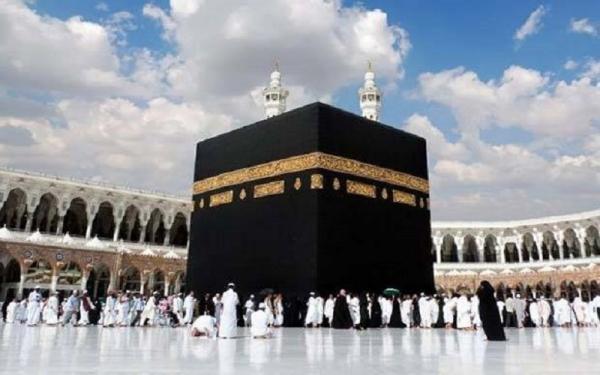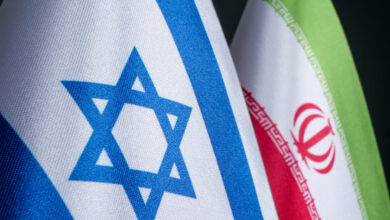How to Perform the Hajj

(Serial study towards the Hajj season 2023)
DDHK. ORG – Hajj can be performed by selecting one of three ways manasik. Hajj rituals are a demonstration of the implementation of the pilgrimage in accordance with its pillars.
In the Hajj rituals, prospective pilgrims will be trained on the procedures for carrying out the pilgrimage that will be carried out, for example the pillars of Hajj, requirements, obligatory, sunnah, and things that may not be done during the pilgrimage.
In addition, prospective pilgrims will also learn how to practice tawaf, sa'i, wukuf, stoning, and other worship processions with conditions similar to those in the holy land.
Hajj rituals are also needed to provide understanding to each prospective pilgrim about the main purpose of their departure to the holy land. Hajj rituals are very beneficial for prospective pilgrims, because after carrying out Hajj rituals, prospective pilgrims will be able to understand what things must be done when performing Hajj later. Prospective pilgrims also study the culture, language and natural conditions in Saudi Arabia.
There are some general Umrah and Hajj guidelines that must be known by pilgrims when in Medina and Mecca wanting to perform the Hajj or Umrah pilgrimage. Things that we don't think apply in Indonesia should be done in the Holy Land, such as maintaining politeness towards other people who come from many countries. We must do this so that our worship is smooth and solemn.
The brief explanation is as follows.
- Ifrod, namely intending to perform Hajj only when in ihram and practicing Hajj only after that.
- Qiron, namely intending Umrah and Hajj at the same time in one ritual. It is mandatory for those who take the qiron ritual to slaughter hadyu.
- Tamattu', that is intending to perform Umrah only in the months of Hajj, then perform the rituals of Umrah and tahalul. Then he lived in Makkah in a state of superstition. Then when the time for Hajj comes, perform the Hajj practices. It is obligatory for those who take the Tamattu ritual to slaughter hadyu.
About hadyu obligation for those who take the qiron and tamattu rituals, it is mentioned in the word of Allah Ta'ala,
فَمَنْ تَمَتَّعَ بِالْعُمْرَةِ إِلَى الْحَجِّ فَمَا اسْتَيْسَرَ مِنَ الْهَدْيِ فَمَنْ لَمْ يَجِدْ فَص ِيَامُ ثَلَاثَةِ أَيَّامٍ فِي الْحَجِّ وَسَبْعَةٍ إِذَا رَجَعْتُمْ تِلْكَ عَشَرَةٌ كَامِلَةٌ ذَل ِكَ لِمَنْ لَمْ يَكُنْ أَهْلُهُ حَاضِرِي الْمَسْجِدِ الْحَرَامِ
“So for those who want to perform 'umrah before Hajj (during the month of Hajj), (it is obligatory for him to slaughter) hadyu (qurban) which is easily available. But if he does not find (animal sacrifice or is unable), then it is obligatory to fast three days during the pilgrimage and seven days (again) when you have returned home. Those are the perfect ten (days). (QS. Al Baqarah: 196).
The obligatory hadyu for those who take the qiron and tamattu' rituals is based on the ijma' (agreement) of the scholars.
That's the explanation about hadyu, hopefully it will add more understanding about pilgrimage. [DDHK News]



